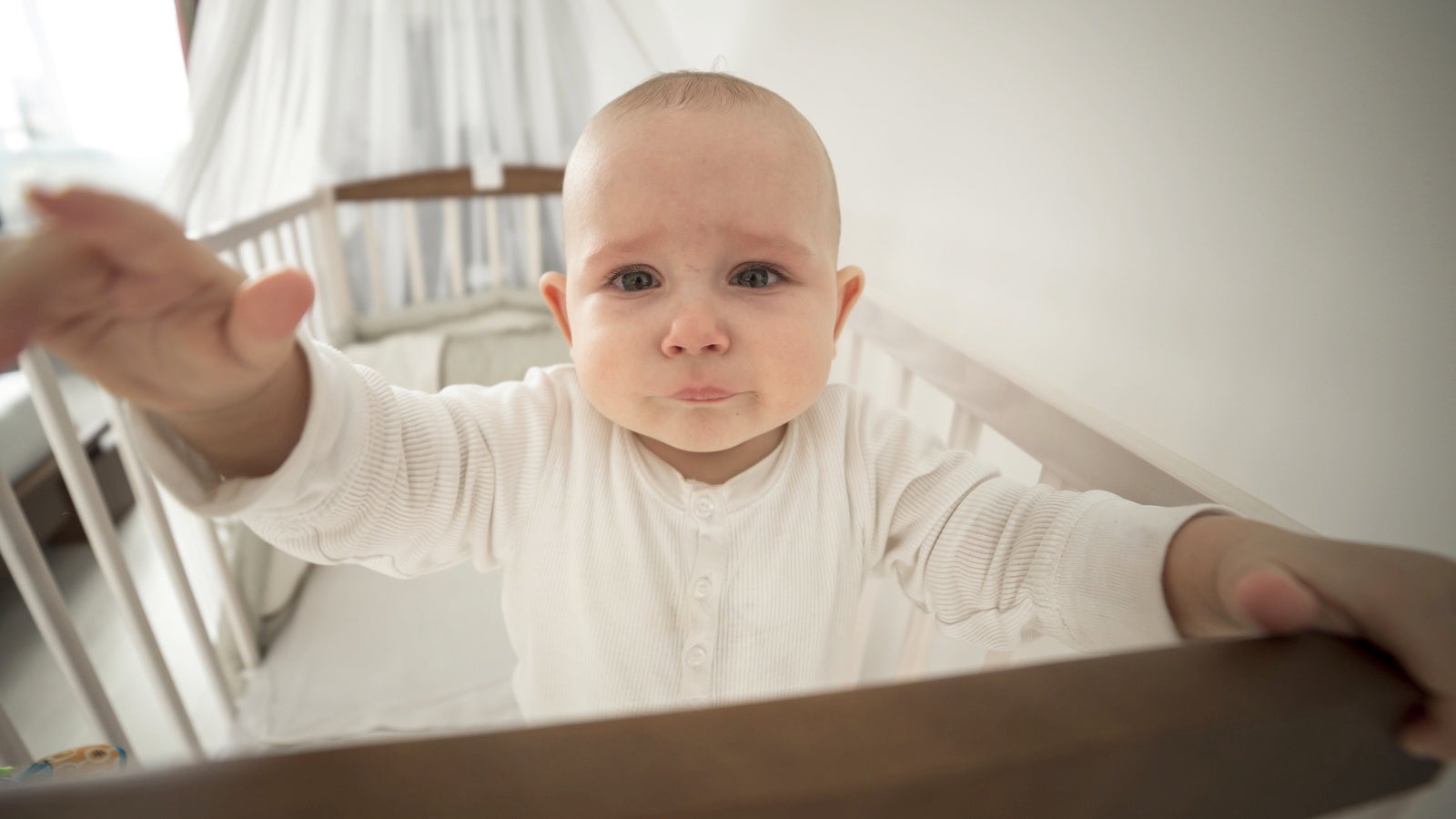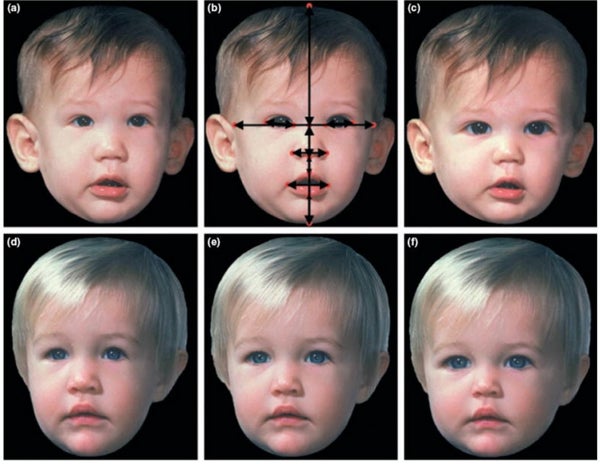Opioid use may cloud natural tendency to dote on the adorable

(Ondroo/Bigstock)
In a pilot study, researchers at the University of Pennsylvania found that opioids may affect how people respond to small, cute creatures like puppies and babies.
Humans are hardwired to want to take care of tiny things. Think about how we respond to babies on the bus, or even how kids mother their stuffed animals.
In the study, scientists refer to that quality of cuteness as baby schema. It activates our brain’s reward system.
“That same system is activated when we respond to some good food or a beautiful image of something,” said Dr. Daniel Langleben, a Penn professor who worked on the study suggesting opioid use could interfere with that response.
Forty-seven opioid-dependent patients had their brains imaged while viewing portraits of infants. Some of the pictures were altered to look even cuter. When compared to the brain images of subjects without addiction, scientists found that opioid-dependent people did not respond as much to the baby pictures.
They also looked at photos of babies that had been altered to look less cute and tested the response.
 Researchers used a series of photos altered to make the faces more or less appealing. Brain scans showed that the reactions of people with opioid dependence were weaker than those of healthy people. (Dr. Daniel D. Langleben)
Researchers used a series of photos altered to make the faces more or less appealing. Brain scans showed that the reactions of people with opioid dependence were weaker than those of healthy people. (Dr. Daniel D. Langleben)
Right after the first session, patients received an injection of naltrexone, which blocks the effects of opioids on the body.
Two weeks later, they looked at those pictures again, and the women in the group had stronger responses to the pictures of the really cute babies. Their response to the others did not change.
“What it suggests to us is that it is possible that abstinence, or naltrexone itself, or a combination of these two factors may essentially normalize the brain response to baby schema in women who are addicted to opioids,” Langleben said.
So, if opioids could be blocking people’s brain response to babies, could that translate into making them less responsive parents?
While it’s still very early, Langleben said the research could have a big impact beyond opioid-dependent people, “because opiates are being prescribed to millions of patients everywhere, so it will be just another thing to think about when you prescribe opiates to patients.”
He and his team are applying for grant funding to see if they can replicate these initial findings.
WHYY is your source for fact-based, in-depth journalism and information. As a nonprofit organization, we rely on financial support from readers like you. Please give today.

